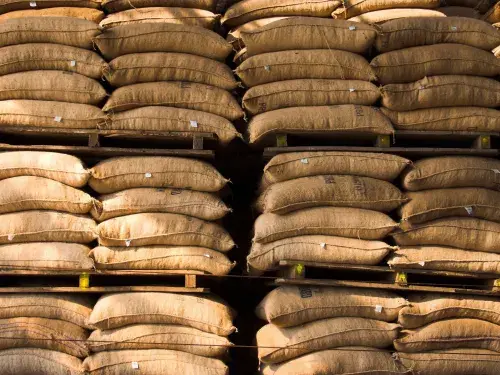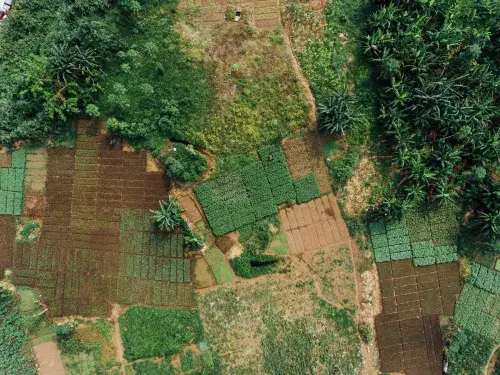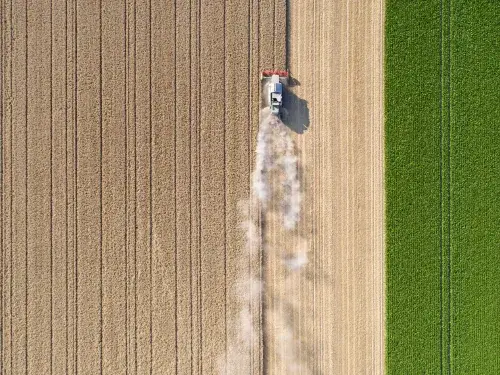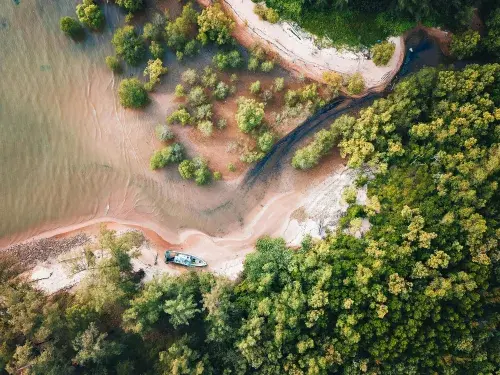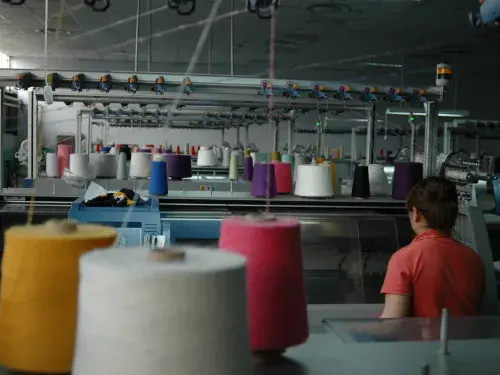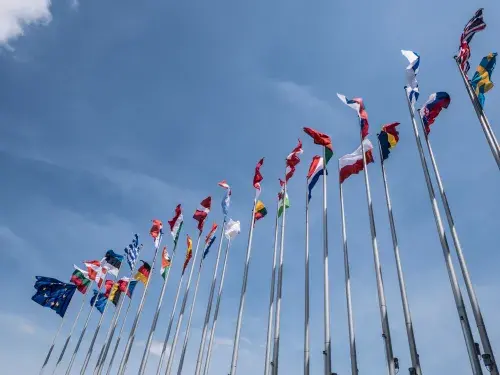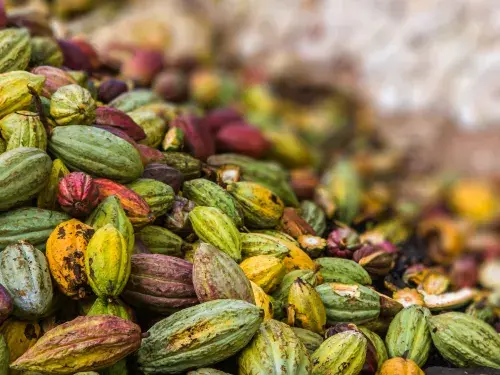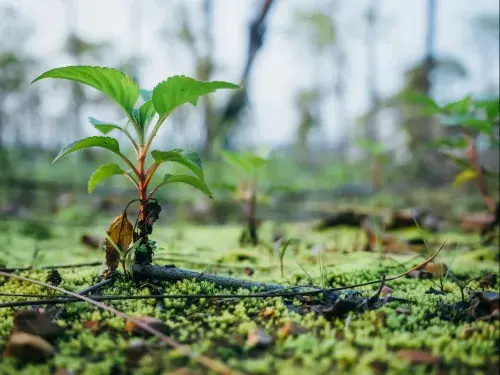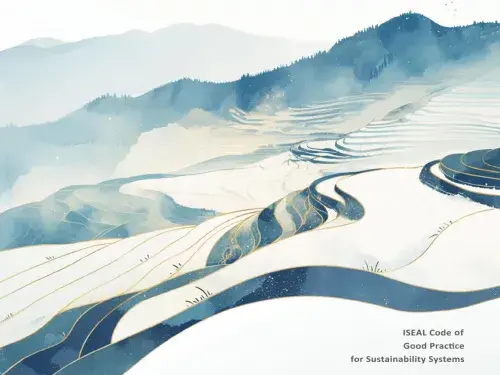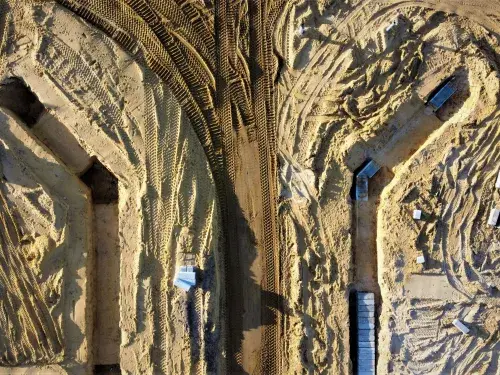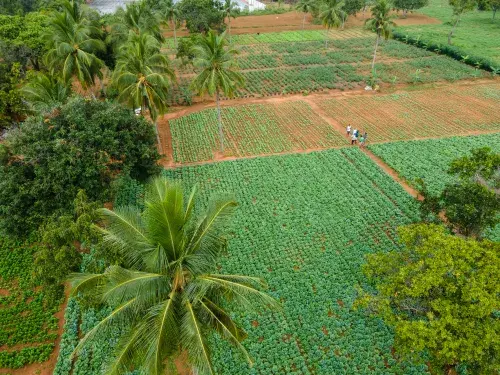ISEAL launches updated guidance to support credible claims and transparent supply chains
ISEAL has released a revised version of two key guidance documents to help companies and sustainability systems navigate today’s complex claims and supply chain traceability landscape.
How sustainability systems help turn climate policy goals into action
The UN’s latest Emissions Gap Report makes things clear: to keep 1.5°C within reach, a “quantum leap in ambition” is needed by 2035. But with key EU policies like CSRD and CBAM still in flux and most countries yet to submit their updated climate targets ahead of COP30, the current...
Convening stakeholders: sustainable standards in trade
Integrating credible sustainability standards into trade policy is crucial to global sustainability. Our Geneva workshop convened policymakers and experts to promote collaboration, share best practices, and address the challenges to fair, sustainable global trade.
How to make and manage sustainability claims credibly: guidance launching in July 2025
ISEAL’s Sustainability Claims Good Practice Guide has been revised to help sustainability systems navigate an increasingly complex claims landscape.
Call for applicants: join our Technical Committee
The ISEAL Technical Committee provides technical oversight to the development and maintenance of our credibility tools, in particular the ISEAL Credibility Principles and the ISEAL Code of Good Practice for Sustainability Systems.
What do we mean by Chain of Custody?
The answer often depends on who you ask – and that’s part of the challenge. In global supply chains, CoC systems underpin how we track materials, associated attributes, and enable credible sustainability claims.
The evolving role of sustainability systems: why we need a smart mix of regulation and voluntary action
Sustainability systems have evolved dramatically over the past 30 years. Once limited to certifying and labelling products, they are now powerful tools for tackling critical global challenges – from poverty and human rights violations to climate change and deforestation. So what’s fuelled this transformation? And how is new sustainability legislation...
Green Claims Directive: no time to delay
Join ISEAL’s training courses on effective sustainability systems
How Digital Public Infrastructure (DPI) helps advance sustainable business practice
Getting the right data on supply chain performance can be complicated. Can DPI offer a new, collective approach to tackle the challenges?
Learning from ISEAL Innovations Fund projects
The ISEAL Innovations Fund has awarded 96 projects to date, all striving to unlock innovative approaches, partnerships and solutions. With the first batch of Phase two projects coming to a close, we’ve taken the opportunity to reflect on emerging learnings and insights from these eight projects.
The ISEAL Code launches in China《ISEAL可持续体系良好实践规范》
The China Council for the Promotion of International Trade Commercial Sub-Council (CCPIT-CSC) and ISEAL have released the Chinese version of the ISEAL Code.
Deforestation-free supply chains: the role of declaration in excess
ISEAL commissioned SCS to examine how 'declaration in excess' is understood and used by supply chain actors to comply with the EU Deforestation Regulation (EUDR).
Revised ISEAL benchmarking guide
Aligned with the ISEAL Code featuring updated recommendations and an improved layout, the revised guide further supports credible benchmarking of sustainability systems.
Sustainability Claims Good Practice Guide consultation: have your say
A new two-month public consultation seeks input on ISEAL’s Sustainability Claims Good Practice Guide, revised to help sustainability systems navigate an increasingly complex claims landscape.
The EU Clean Industrial Deal: a clear opportunity to leverage credible sustainability systems
ISEAL welcomes the Clean Industrial Deal (CID) announced by the EU Commission recently. This joint roadmap for competitiveness and decarbonisation is an important commitment.
Are sustainability systems reducing greenhouse gas emissions? For now, the research is insufficient
Driving down greenhouse gas emissions (GHG) is vital for people and planet. More research is needed to help us understand what works best.
Lessons on land tenure complexity, free, prior and informed consent (FPIC) and traceability challenges
With the EU as the primary market for Ugandan coffee exports, there is a pressing need to align with the EU Deforestation Regulation (EUDR) requirements. What are the key hurdles and potential solutions?
